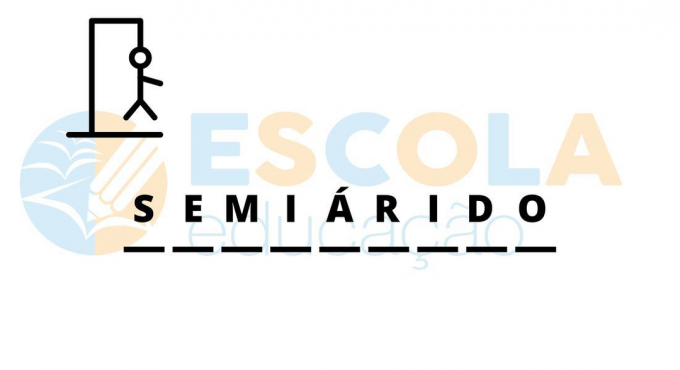French king born at St. Germain-en-Laye, Yvelines, known as the Sun King, the greatest of France's absolutist kings (1643-1715). Son of Louis XIII and Anna d'Austria, Infanta of Spain, he was not yet five years old when he ascended the throne after his father's death (1643). Before assuming the government, France was governed by the prime minister of the kingdom, Cardinal Jules Mazarin, who faced many problems but prevailed against the revolts of the Paris Parliament and of the nobles, a long civil war known as La Fronde, finally quelled (1653) and guaranteeing the future possession of the King.
He received humanistic training guided by Mazarin and prepared him to exercise power with wisdom and authority, with the death of the cardinal, took power (1661) a year after his marriage to Spanish Infanta Maria Teresa d'Austria, daughter of Felipe IV of Spain. During his government, he reorganized the army giving the country the greatest military power in Europe. His military actions abroad began with the invasion of the Spanish Netherlands, which he considered to belong to his wife by right of inheritance (1667). The success achieved in that war allowed him to dictate the terms of peace to the coalition of Spain and Austria.
He waged wars against Spain (1701-1714), Holland (1688-1697), Austria (1672-1678) and Luxembourg. Their opposition to the Protestants, however, brought about the later alliance between England, the Netherlands and Austria against France. The new war (1688-1697) ended with the loss of territories by France by the Treaty of Rijswijk. Due to the persecution of Protestants after the repeal of the edict of Nantes (1685), many artists and artisans left France.
Later, the Spanish War of Succession (1701-1714), while allowing him to place a Bourbon on the Spanish throne, inflicted high human and economic costs on the country. His reign, one of the culminating moments in the history of France, lasted more than 50 years, he stood out politically for absolutism monarchical, where the king controlled even the most insignificant details of the government, and by the hegemonic position to which he elevated his country in the Europe. He gave encouragement to cultural activities, as he considered encouraging the arts a matter of state, and he protected the two greatest classic authors of French literature, Racine and Molière.
The main cities of the kingdom underwent a metamorphosis, immense gardens were created, some natural landscapes were beautified and monuments were erected everywhere. He reactivated the nation's economy with the precious help of Minister Jean-Baptiste Colbert, in keeping with mercantilist conceptions and multiplied French exports. He created a merchant marine, in addition to factories, roads, bridges, ports and canals, circulation routes of ever-increasing wealth.
He built the imposing and luxurious Palace of Versailles, near Paris, where the French court lived. A capricious prince, he enjoyed etiquette, parties and beautiful women. He kept two mistresses and always expressed his desire to rule alone. To him is attributed the phrase "L'État c'est moi" (The State is me). He founded the Paris Academy of Sciences, whose members were paid to produce sciences, mainly to generate technological and scientific innovations that had application in the military field. He died at Versailles as a symbol of the absolutist monarchy.
Photo copied from the HISTÓRIANET website:
http://www.historianet.com.br/main/
Source: http://www.dec.ufcg.edu.br/biografias/
Order R - Biography - Brazil School

